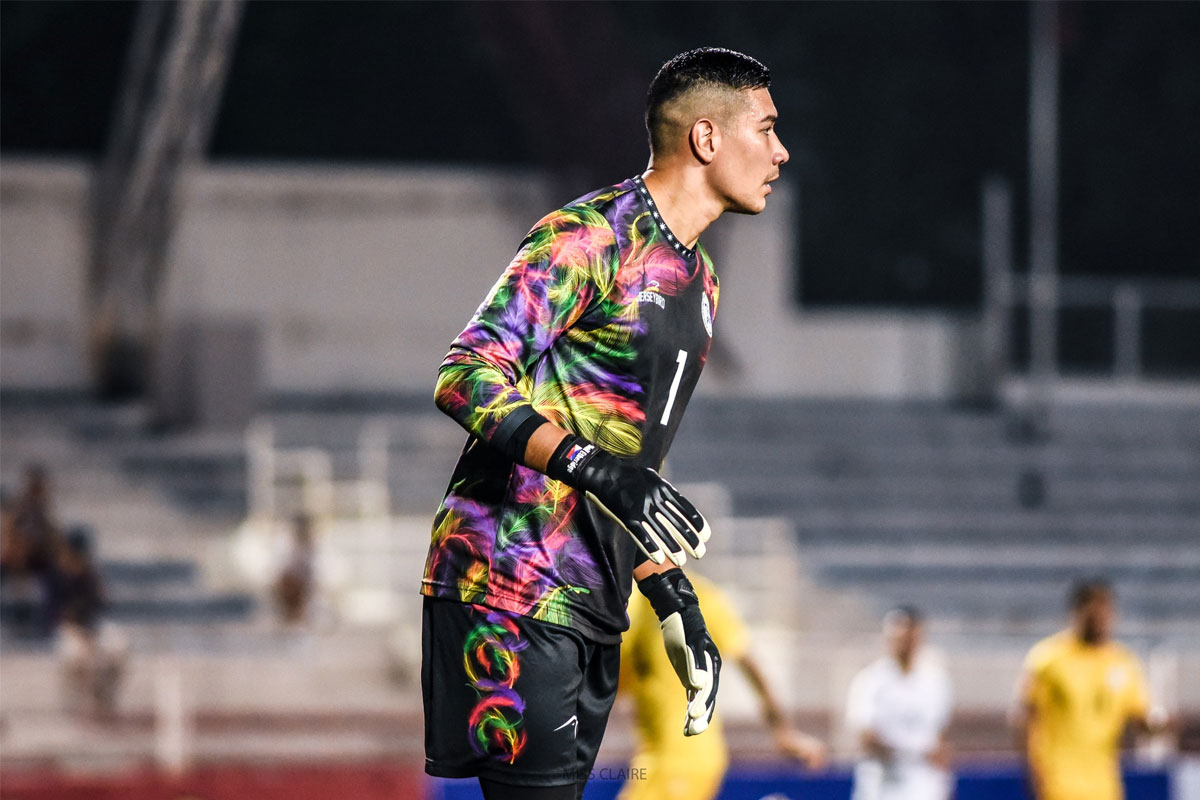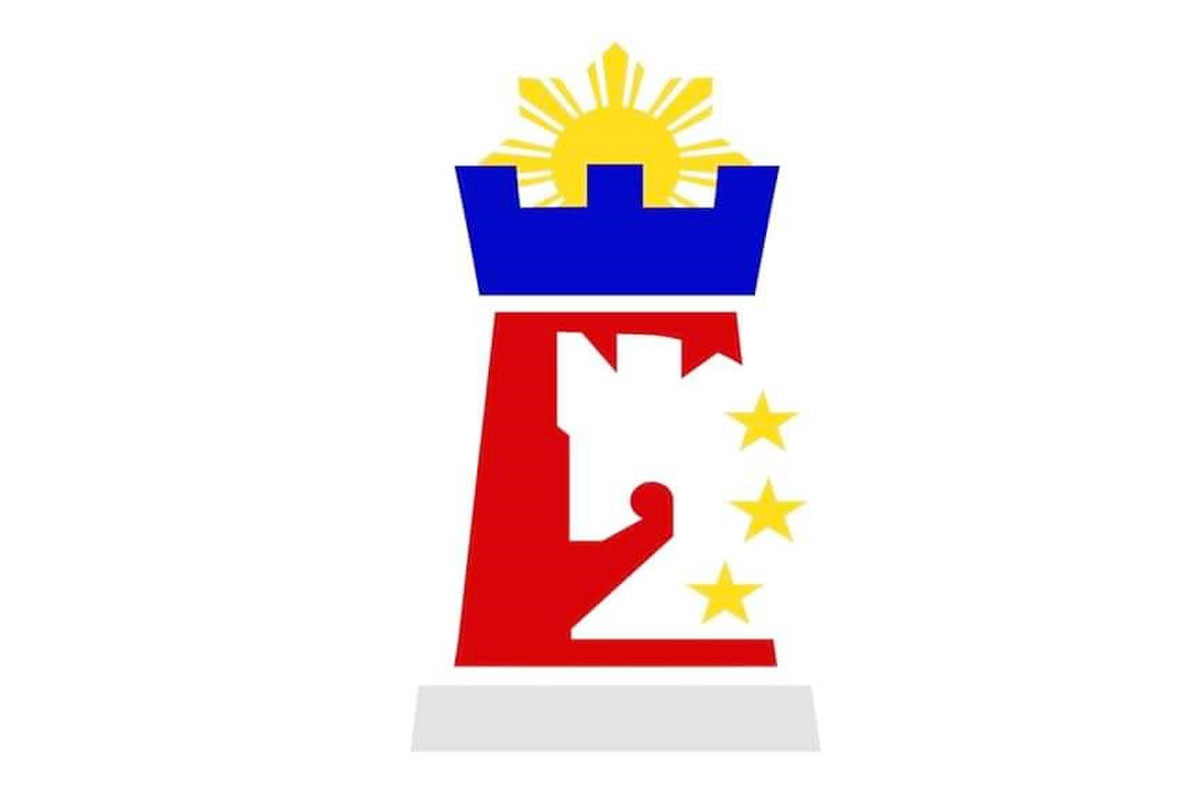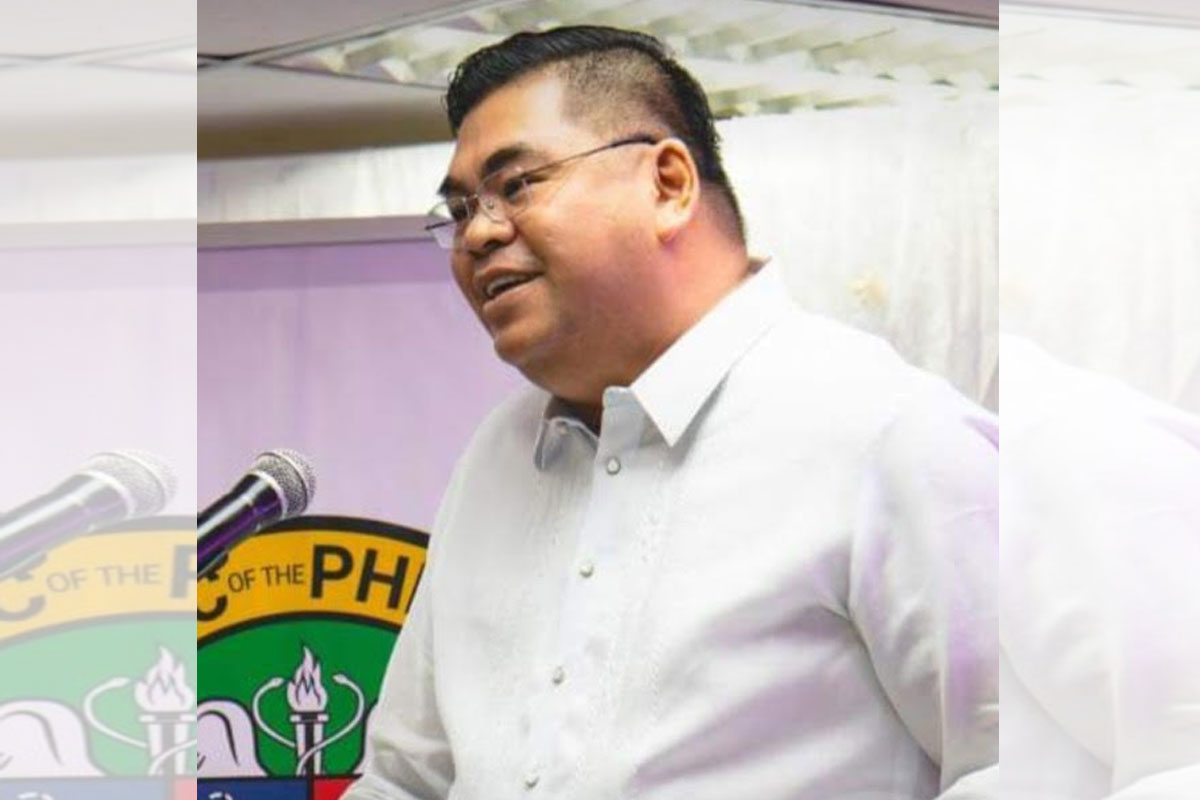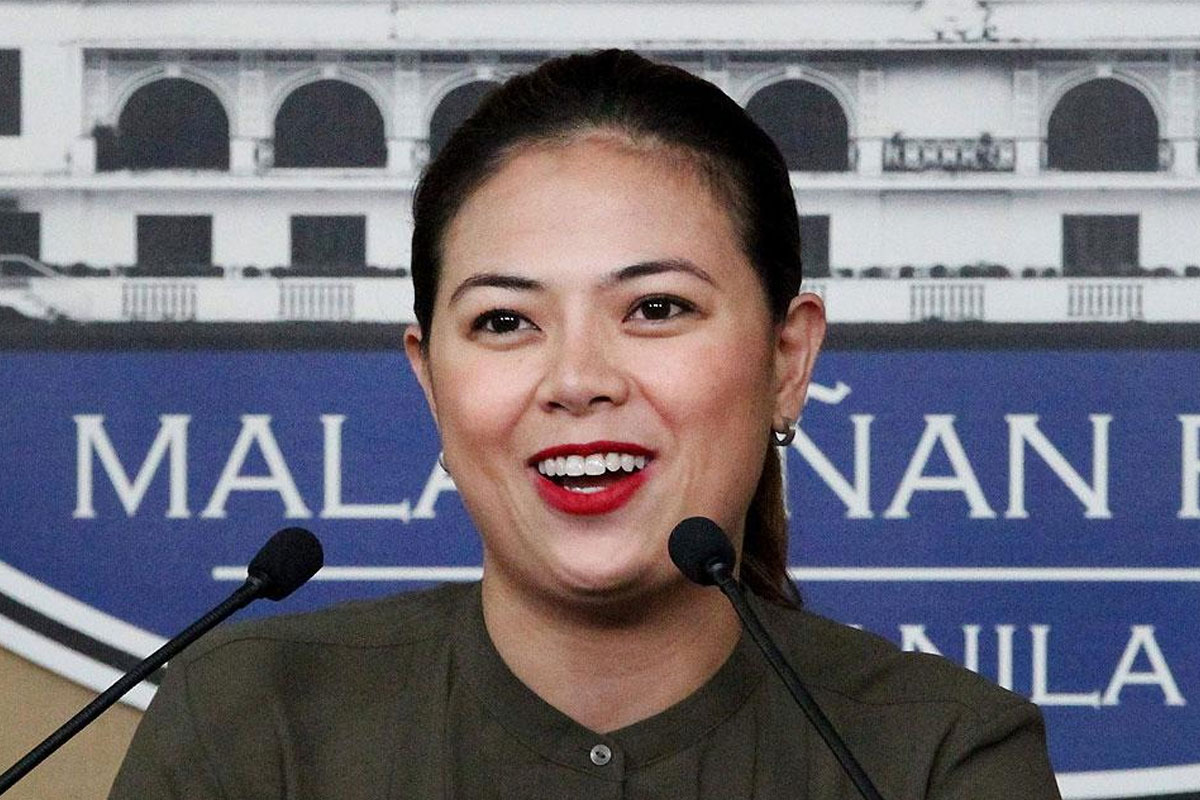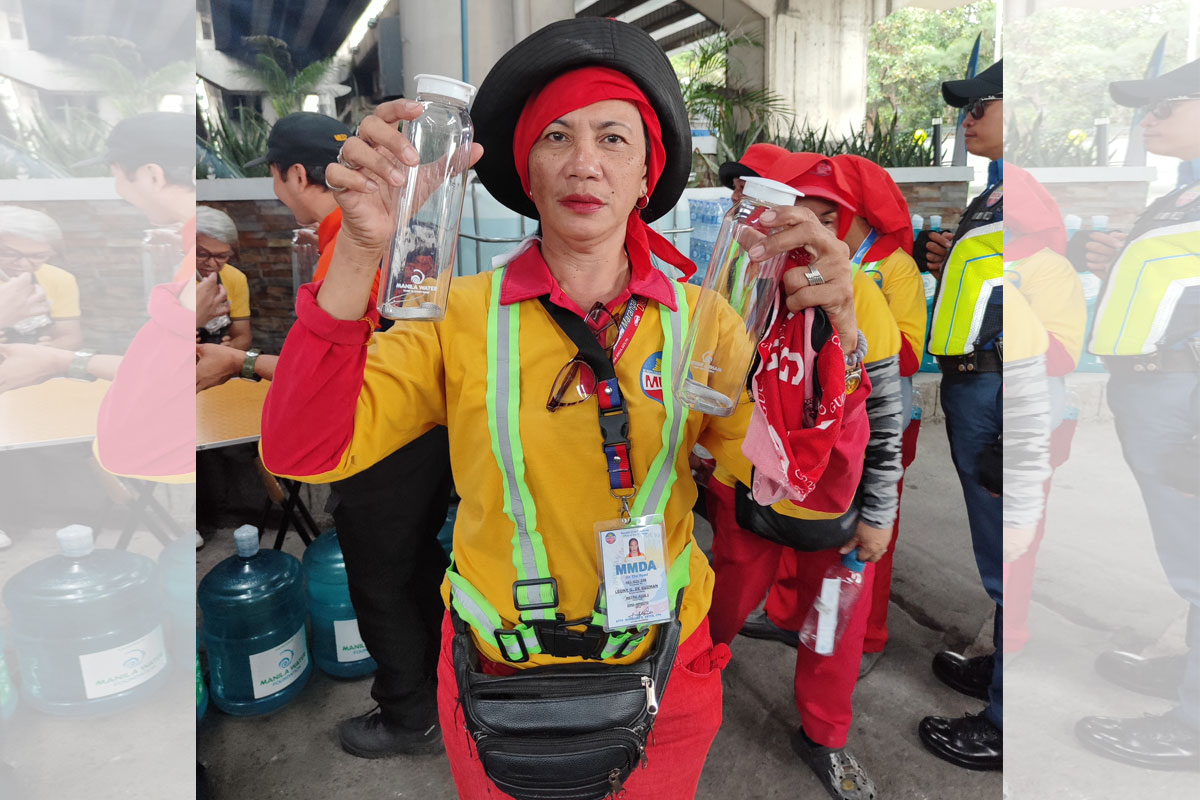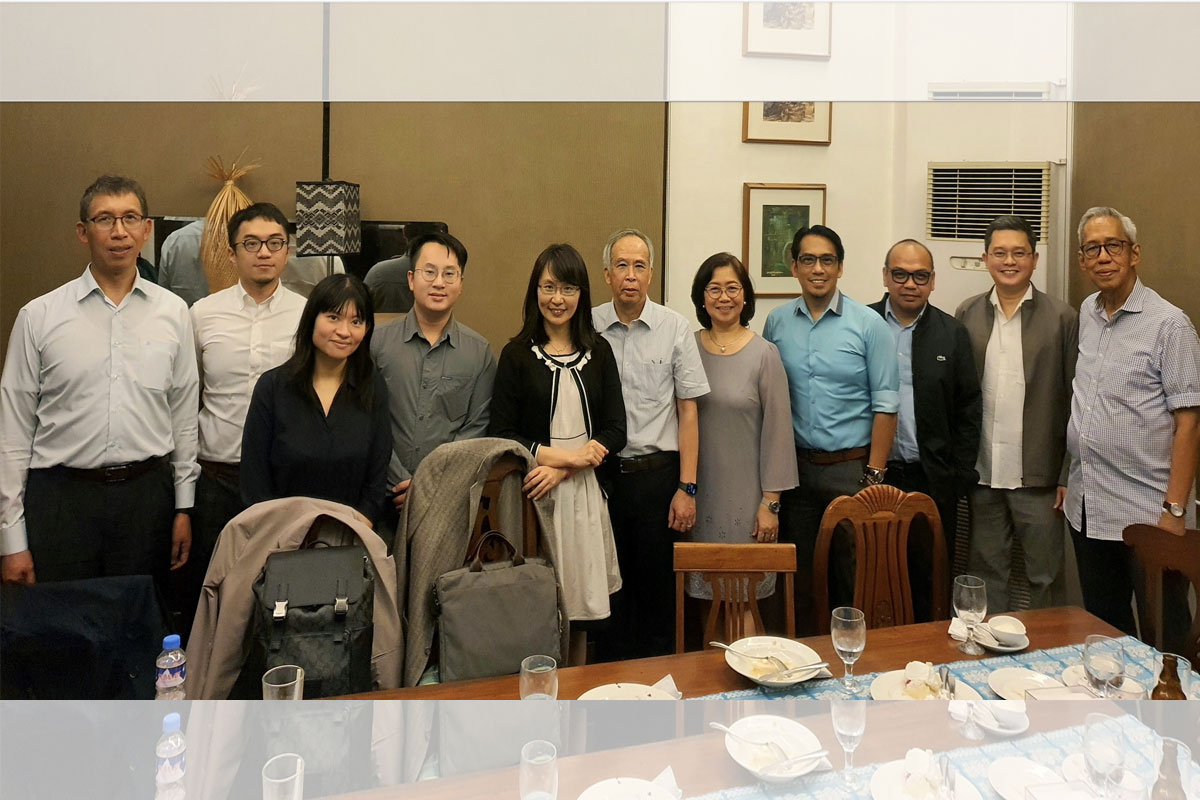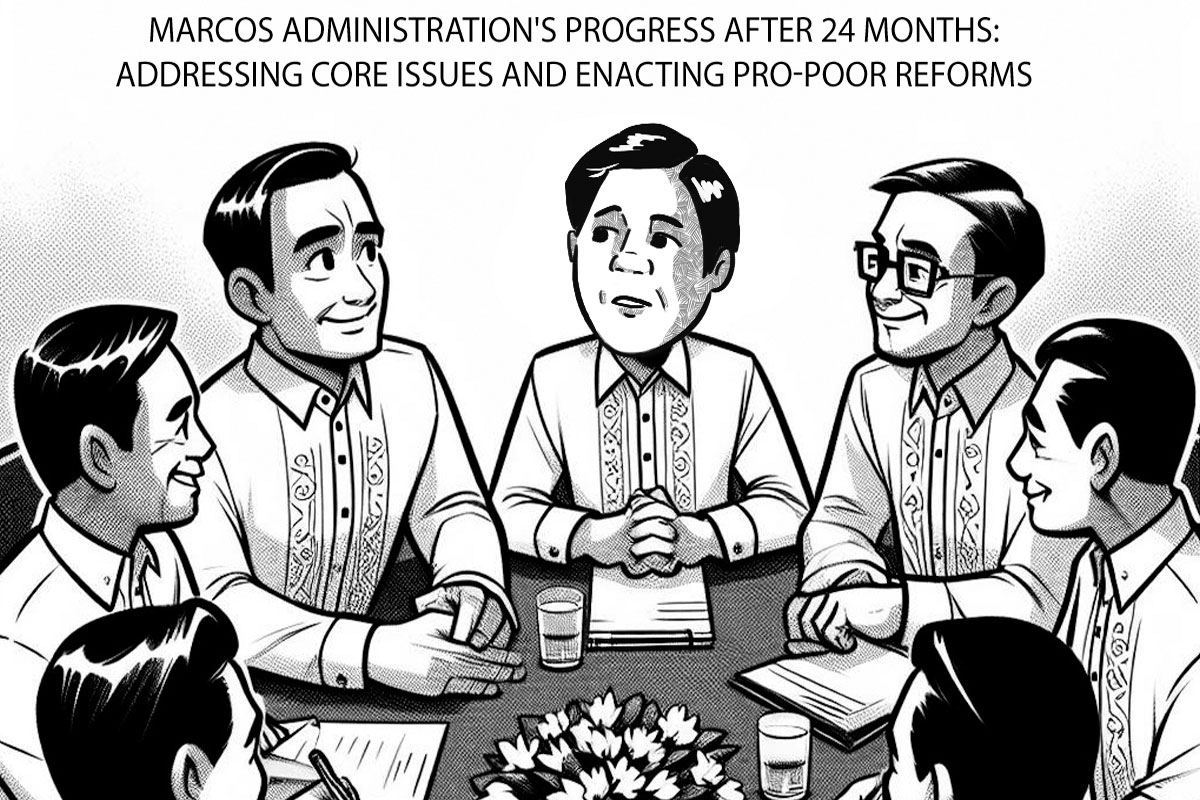
Carlos: Dismissal of over 5K erring cops proof of serious PNP internal cleansing program
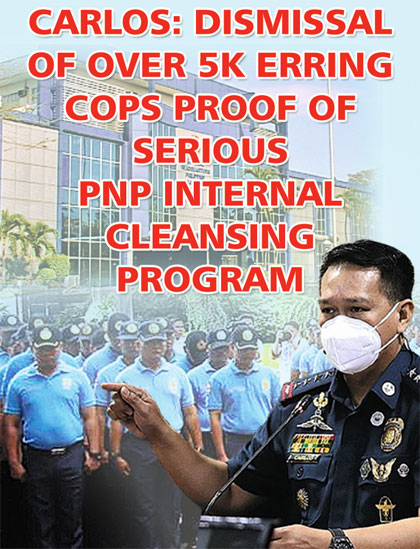 THE DISMISSAL of 5,599 erring Philippine National Police (PNP) personnel from the force from July 2016 until last March 30 is major proof that the organization really has a serious internal cleansing program, General Dionardo B. Carlos said.
THE DISMISSAL of 5,599 erring Philippine National Police (PNP) personnel from the force from July 2016 until last March 30 is major proof that the organization really has a serious internal cleansing program, General Dionardo B. Carlos said.
Carlos said the sheer big number of rogues in uniform who were fired from the service since the start of the Duterte administration is also proof enough that a recent report from the State Department of the United States the PNP’s campaign against misfits and scalawags has been ‘ineffective’ has no basis at all.
Of the 5,599 dismissed cops, 714 of them are involved in illegal drug-related cases.
“How come that we have more than 5,000 police personnel who have been dismissed from the PNP? How come that there is a high morale in the police force?,” he asked.
According to the top cop, the big number of rogues in the police service who have been dismissed and the high morale of their personnel means that their disciplinary mechanisms are working.
“Yung gumagawa ng mali, how big is their percentage? Pero pag mali, kinokorek natin agad. Ang sabi ko nga pag nadapa, tulungan nating tumindig, makabangon, maka-recover,” he said.
Gen. Carlos said the PNP Internal Affairs Service has taken an aggressive stance in handling and investigating police personnel who were meted with administrative charges amid their crackdown against corruption.
Apart from the dismissal from service, several penalties were likewise imposed to police personnel who were charged for less serious offenses.
PNP data from July 2016-March 2022 showed that 1,129 were demoted, 10,490 were suspended, 848 faced forfeiture of salary, 2,475 were reprimanded, 208 were restricted and 286 others had their privileges withheld.
These numbers of penalized personnel reflect the PNP’s commitment to cleanse its ranks in order to carry out their mandate in protecting the community, the PNP chief said.
He explained that the PNP Integrity Monitoring and Enforcement Group headed by Brigadier Gen. Oliver Enmodias is working fully with the PNP-IAS in carrying out their internal cleansing program.
IMEG’s functions include the following: receive complaints and information against erring personnel and conduct relevant information gathering activities, detect and conduct intelligence build-up on the involvement of PNP personnel in illegal activities, acts of graft and corruption and other crimes for the conduct of prompt counter measures; and initiate law enforcement operations against rogue PNP personnel.
The Department of Justice, through the National Bureau of Investigation (NBI), is carrying out its independent investigation on cases of anti-drug operations which resulted to deaths with the PNP giving its full cooperation on the matter.
“With this conscious effort of the PNP, PNP IAS and PNP IMEG to thwart corruption within the organization, the PNP wishes to oppose the statement from recent report of the United States Department of State’s latest annual country reports on human rights stating that IAS remained largely ineffective,” said PNP Public Information Office chief, Brig. Gen. Roderick Augustus B. Alba.
“Although we are not completely disregarding this report, the PNP would like to respond to it with all the significant accomplishments of IAS, as mentioned above. It will be unfair for the PNP to be regarded as an organization that tolerates impunity and human rights abuses” he said.
“The PNP will always stand for what is right, just and fair. Although it’s going to be an uphill battle for the PNP, we will be enforcing the law without fear and favor. We will continuously improve our system and organization in order to protect and serve the Filipino community,” Brig. Gen. Alba added.
The PNP chief had also maintained that their end-game strategy in the war on drugs will not only help treat and reform illegal substance victims but also prevent rogues in uniform from committing abuses, even to the extent of killing people in the guise of performing their duties.
He made the assurance as he launched last March 15 their Anti-Illegal Drugs Operations through Reinforcement and Education or ADORE which would primarily focus on addressing addition to prohibited drugs like shabu and marijuana as a ‘chronic but treatable medical condition.’
“We would like to have the end-game strategy for this administration by completing the double barrel that we started in 2016,” Gen. Carlos said as he referred to ADORE as a multifaceted reinforcement and education-based strategy.
One key component of the program is the extraction of information or intelligence-gathering. The PNP chief said it is very important that before making a drug-arrest, law enforcers must have a validated intelligence report on their subjects.
Having an effective and efficient extraction of information will avoid problems or errors in identifying suspects and will prevent few scalawags from using hteir authority to kill innocent people.
The PNP chief said they would be focusing particularly on the “rehabilitation, recovery and wellness and reintegration of the more than 1.2 million drug victims that surrendered while going after drug suppliers and traffickers at the same time.
PNP Director for Operations, Major Gen. Val T. de Leon explained that the Infinity symbol of their ADORE strategy represents a line that has no end, boundless and continues indefinitely.
“To our mind, the best strategy to win the seemingly endless drug war is to counter and conquer the same with continuous implementation of anti-illegal drug programs combined with an endless collective effort of law enforcement agencies, countless interventions from the community and stakeholders, and most importantly the undying mission to protect and serve our people,” he said.
Gen. Carlos said that Program ADORE will be the final version of the PNP Double Barrel, focusing on 8’Es in the infinity loop namely, engineering the structure, education, extraction of information, enforcement, enactment of laws, environment, economics, and evaluation.
As overseer of the program, the PNP chief said they aim to further enhance and reinforce the guidelines, procedures, and tasks of police offices/units in the conduct of anti-illegal drug operations and activities, in support to the Philippine Anti-Illegal Drugs Strategy (PADS) and the plans and programs of the Dangerous Drugs and the Philippine Drug Enforcement Agency and other agencies involved in the government’s vision to achieve drug-free communities.
One of the key components of the program is the effective gathering of intelligence information followed by the Enforcement of laws specifically Republic Act 9165 or the Comprehensive Dangerous Drugs Act of 2002.
Since the focal point of the program is to reduce the drug supply, the enforcement factor will mainly focus on the supply reduction aspect which is targeting and arresting high-value individuals such as drug manufacturers, traffickers, and financiers, he said.
Gen. Carlos said that having an effective enforcement will result in a reduction of supply and increase the cost of illegal drugs. “This will discourage the poor people who are the real victims in the channels of drug distribution,” he said.
Another track is the need to review defective provisions of RA 9165 which has resulted in the dismissal of criminal charges against a number of big-time targets in the past due to technicalities and problems within the law.
Citing the many problems confronting anti-narcotics officers in the streets, the PNP chief that their Legal Service, they will be proposing laws as well as amendments to existing laws that are detrimental to the swift conviction of arrested drug personalities.



